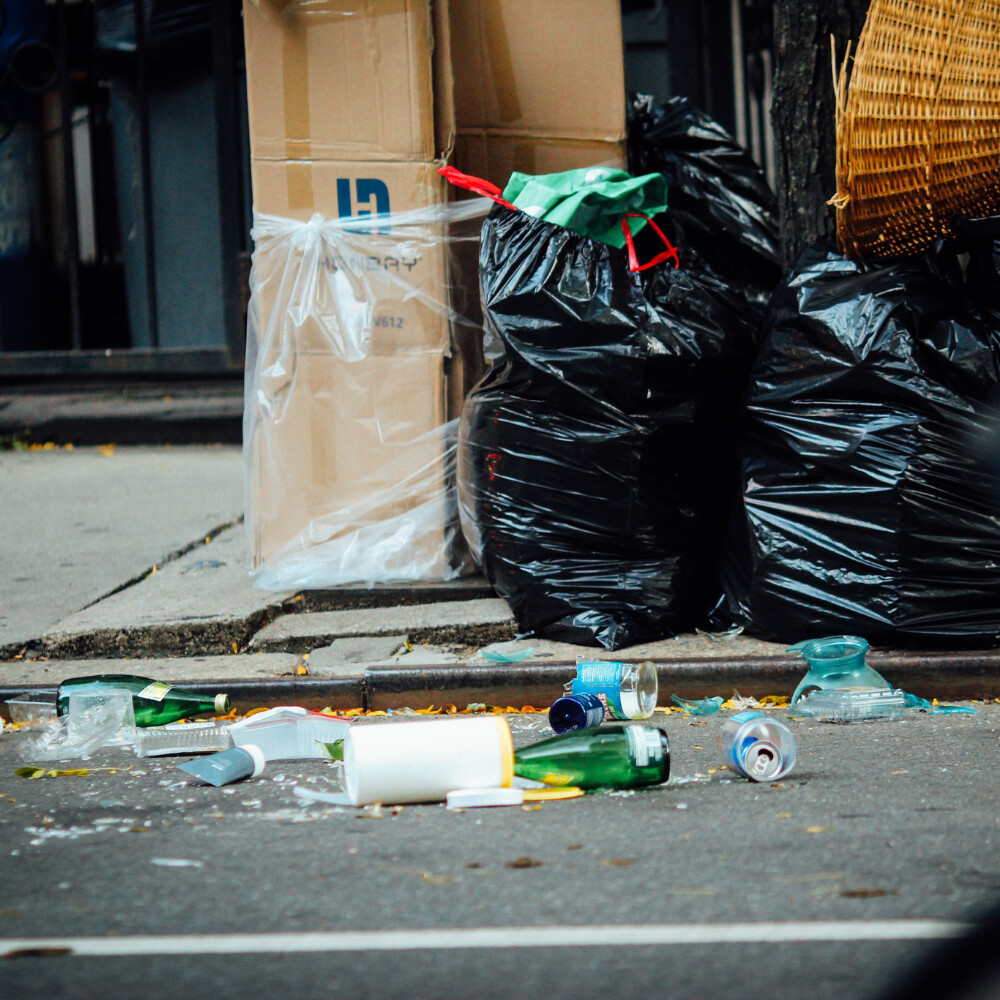
As an Amazon Associate I earn from qualifying purchases. I will receive a small commission at no additional cost to you and be incredibly grateful.
Until recently, I had not given too much thought to finding an earth-friendly replacement for trash bags. My thought was, I’m filling it with plastic (from packaging for the most part), so why bother with an earth-friendly substitute. I also learned that compostable bags that are put into the landfill do not decompose at the same rate as if they were placed in a compost pile, so I was concerned that they wouldn’t make a difference.
However, I read a post recently that got me thinking. If we are looking to reduce our dependence on fossil fuels, then we should reduce our consumption of new plastic. Purchasing bags that are made either of plant material or post-consumer recycled (PCR) plastic material would reduce our use of fossil fuels. With those thoughts in mind, I investigated alternatives.
In our house, for small trashcans, we use plastic grocery bags that we collect from our neighbors or from our church’s food drive donations. Through those 2 routes, the bags are plentiful, and what isn’t used for pet waste is used as trashcan liners. So, since we have that issue covered, I set out to find alternatives for a 13 gallon, tall kitchen trash bag.
After scouring the internet, I found an option for a PCR trash bag that sounds good. It is from a company called Evolution, available on Amazon (https://amzn.to/33JrqBQ). They are made in the USA from 70% PCR and have an average user rating of more than 4 ½ stars. The cost for 120 bags is $20.75 for a cost per bag of $.17. The cost of these is comparable to the more popular brand name trash bags, so it would be an easy switch.
If we want to kick up our earth-friendly alternatives even further, we should look for the word “compostable” for plant-based trash bags. You may also find the word biodegradable used. The word compostable is preferred to biodegradable because compostable are more likely to break down over time, but whether we go with compostable or biodegradable, we’re looking to reduce our dependence on fossil fuels, so it’s an improvement over new plastic either way. Compostable bags are made from either potato starch or cornstarch, so they are fully plant based.
In our house, food scraps do not go into our regular trash bag, so there is nothing wet in our garbage. This is important to note because compostable bags would work quite well for us but maybe not for others. You see, placing food scraps or wet materials into a compostable bag is a bad idea because moisture helps the bag break down. If you want to avoid a potential mess, only use compostable bags if you’re collecting food scraps separately, okay? Consider yourself warned.
I found 3 options for compostable bags, all of which are available from Amazon.
UNNI (https://amzn.to/3lE9xug) has compostable bags made from plant starch which are made in the USA. The bags are sturdy and durable, would be great for the environment and have an average user rating of 4 ½ stars. A box of 50 bags costs $16.95 for a cost per bag of $.34.
Forid (https://amzn.to/39GRDoG) also has compostable bags. A box of 80 bags cost $23.94 for a cost per bag of $.29. User ratings on this bag also average 4 ½ stars.
Green Earth (https://amzn.to/2Jy8r6y) has compostable bags as well. A box of 100 bags costs $30.95 for a cost of $.31 per bag. User ratings on these bags average 4 ½ stars.
The last product that I will mention is a trash bag that is labeled compostable/biodegradable. It comes from JTSC Products (https://amzn.to/37xgiJp). A box of 100 bags costs $34.99 for a cost of $.35 per bag. This is the most expensive product on my list, so perhaps other options are best.
For my small family, I am likely to either purchase the PCR bags or the smallest box of compostable bags. The larger boxes of compostable bags are better for a larger family. It is possible for the unused compostable bags to break down over time (especially if they get wet) meaning they would be rendered useless if you don’t use them in 9 months to a year. I don’t want to take the chance of wasting my money. For our family, we typically only fill one bag per week, so a box of 50 bags will keep us going for nearly a year. If your family averages 2-3 bags per week, larger boxes might be a good option.



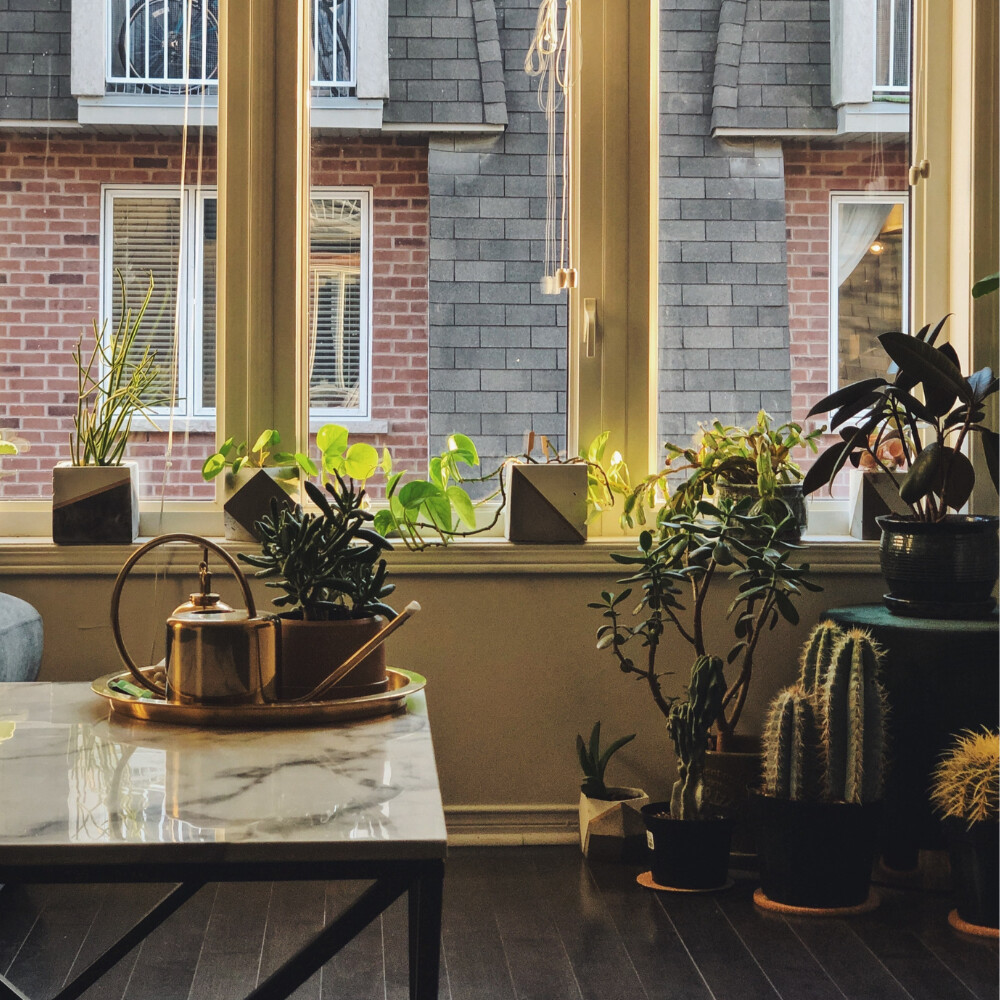
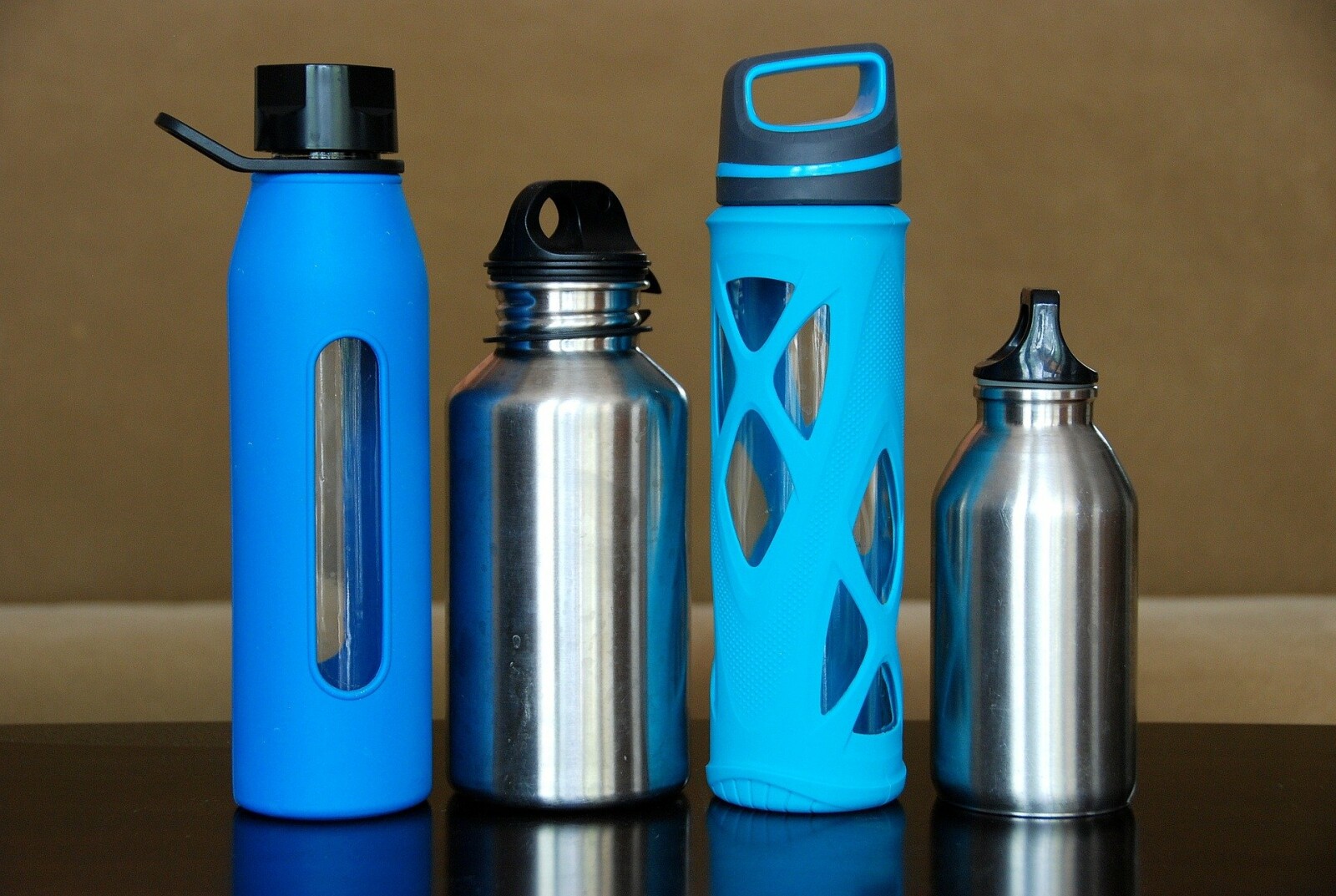
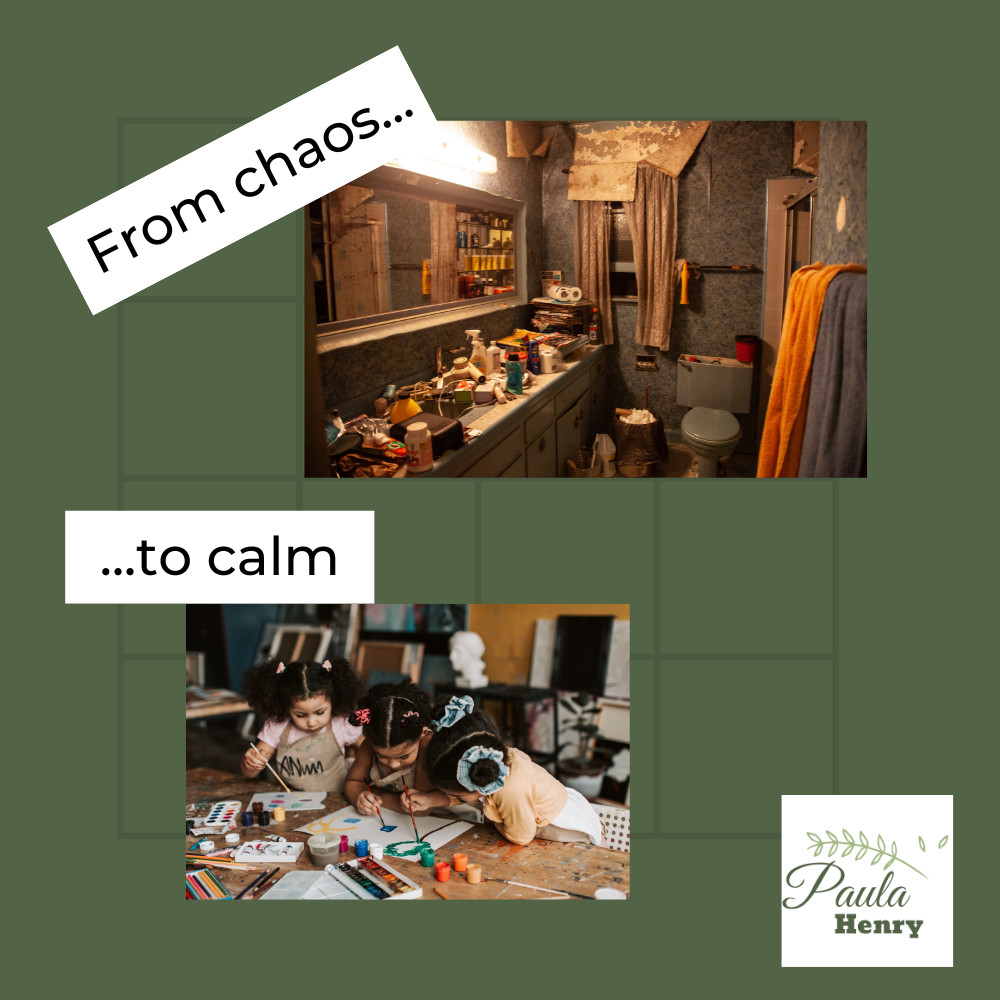

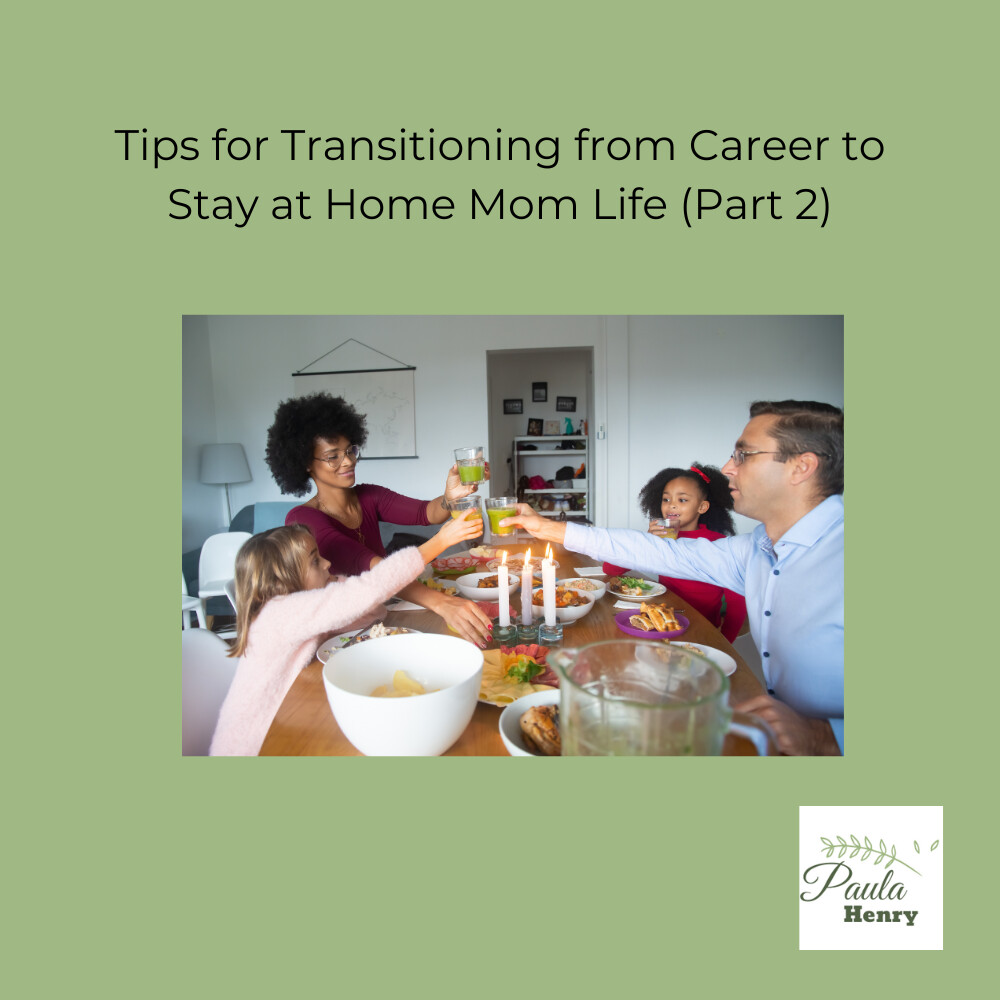
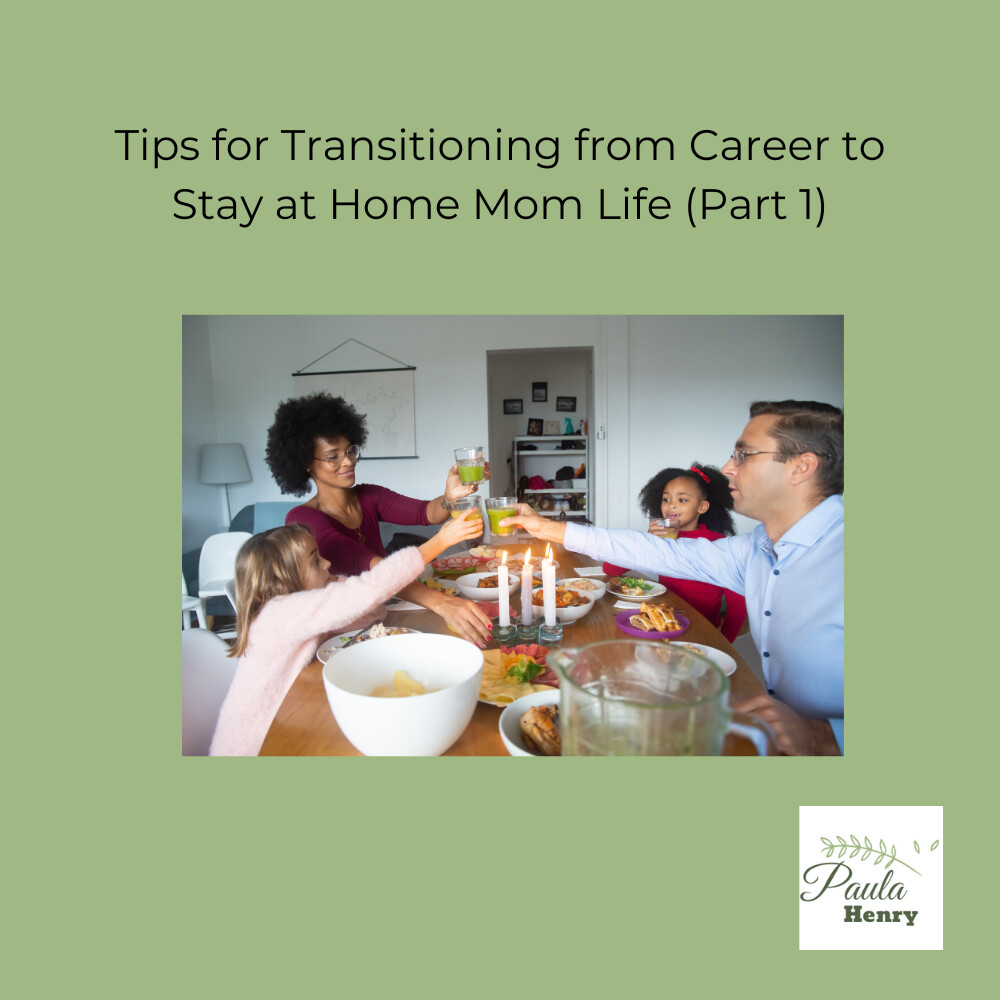







0 Comments